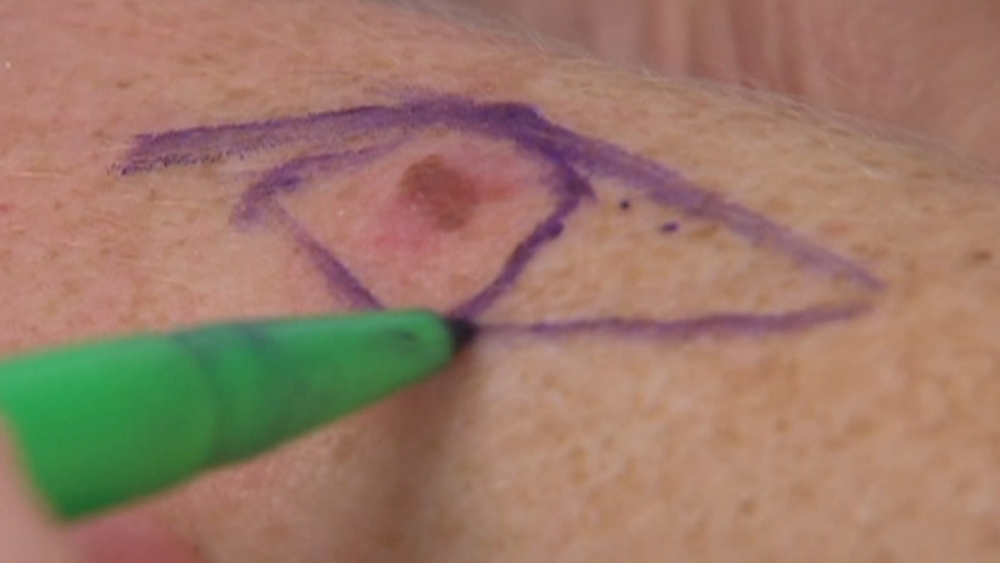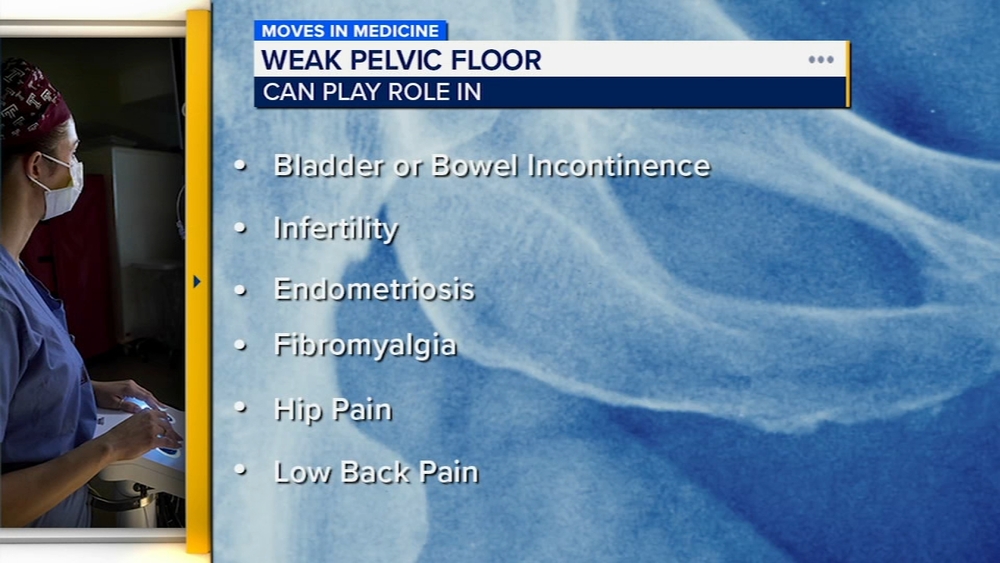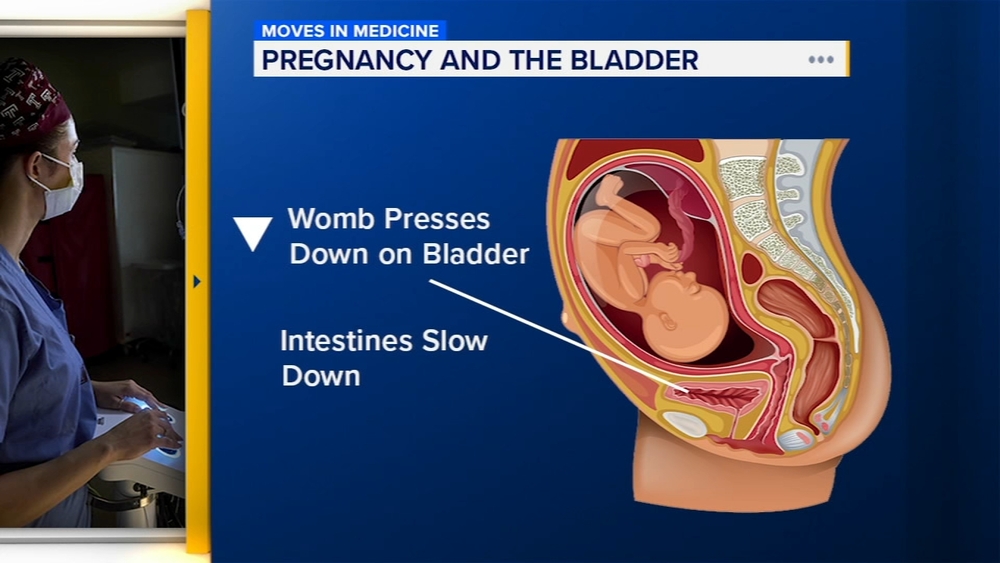AI, new clot-busters enable faster blood clot care

PHILADELPHIA (WPVI) -- From smoking to living in the South, many people face a higher risk of a pulmonary embolism: a blood clot in the lungs.
Now with technology, new drugs, and specialized care, a local team is working for better outcomes.
Last year, Stephany Brown fulfilled a lifelong dream - taking a cruise.
"It was part of our 20th wedding anniversary," Stephany remembers with a smile.
But she also remembers last year for surviving a pulmonary embolism.
After being startled at work, her fitness tracker said her heart was in overdrive, and couldn't slow down.
She was also getting short of breath.
"My mother was adamant - 'You need to hurry up and go to the hospital,' " she recalls.
At Temple University Hospital, tests quickly found the cause.
"There were blood clots in both lungs, and they were extremely big," she notes.
"A blood clot that starts in the leg, breaks off, comes to the lung - It can affect anyone. It spares no one," explains Dr. Parth Rali, a Temple Health thoracic surgeon.
Dr. Rali says P-E's can come without warning, block blood flow and cause heart or lung damage.
A third of people with them die before getting a diagnosis and treatment.
To find lung clots faster, Dr. Rali's team uses A-I software to read CT scans.
"If it detects the blood clot, it will put it at the top of the queue for the radiologist," he explains.
"Instead of waiting for 5, 6 hours, you are getting reads in like 2 minutes, 3 minutes, 4 minutes," he says.
The P-E response team gets an alert, so they can start blood thinners faster and plan other treatments - such as a catheter that puts drugs right into the clot.
"I get it right on my phone. I don't need to look for a computer," he adds.
Dr. Rali is also testing A-I guided ultrasound even non-technicians can use.
"It will self-prompt you, saying go here, go here, go - next steps," he says, adding, "How fast you act changes your trajectory, meaning that how well you're going to do."
Stephany took part in trials of a new clot-busting drug.
Because the clots shrank so fast, she thinks she got the drug, not a placebo.
Now, her family is back making plans.
"We're gonna cruise in December again. I think we're addicted to it now," she says with a laugh.
She's also back on her weight loss journey, losing 95 pounds so far.
Dr. Rali says long-term follow-ups with both specialists and primary care is essential to preventing future clots.






